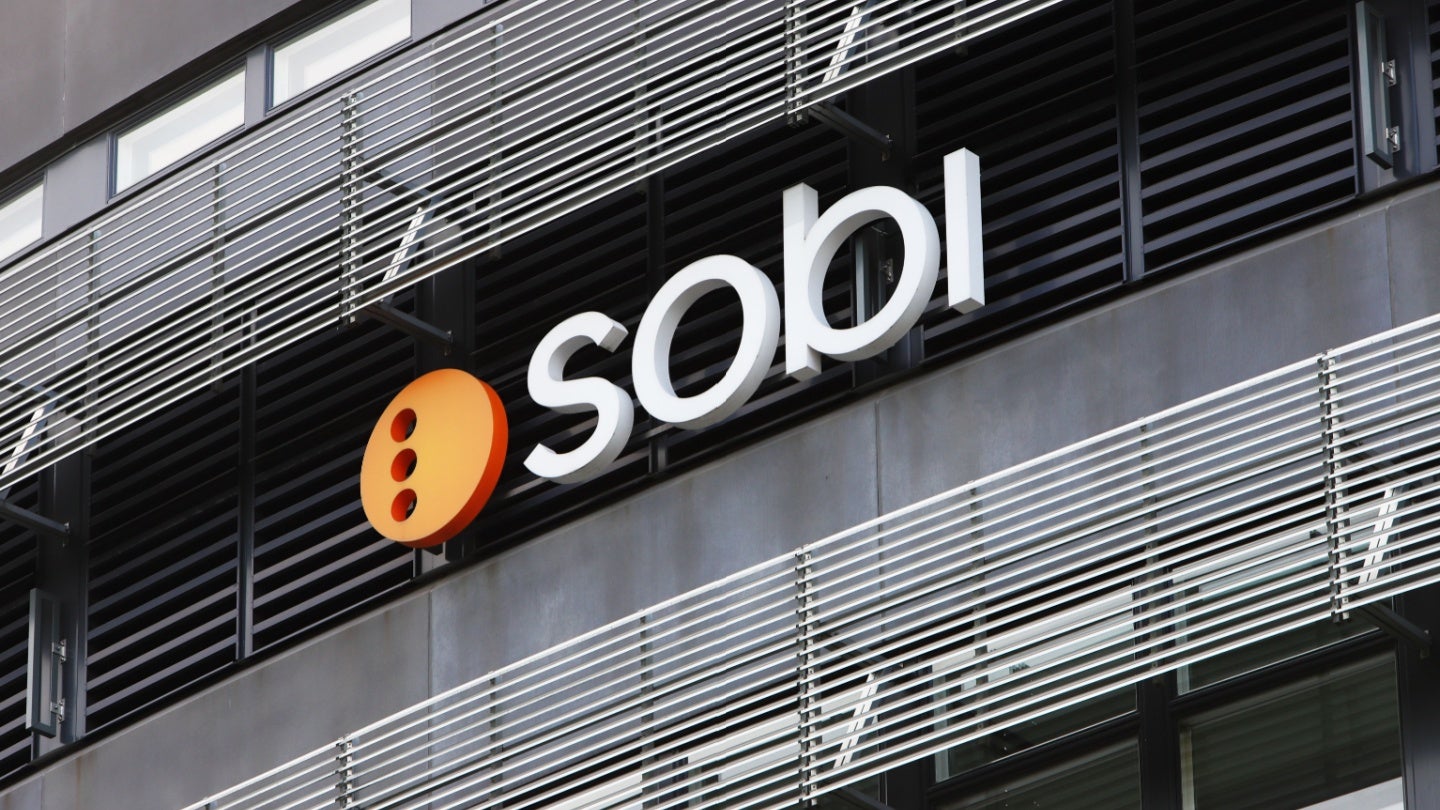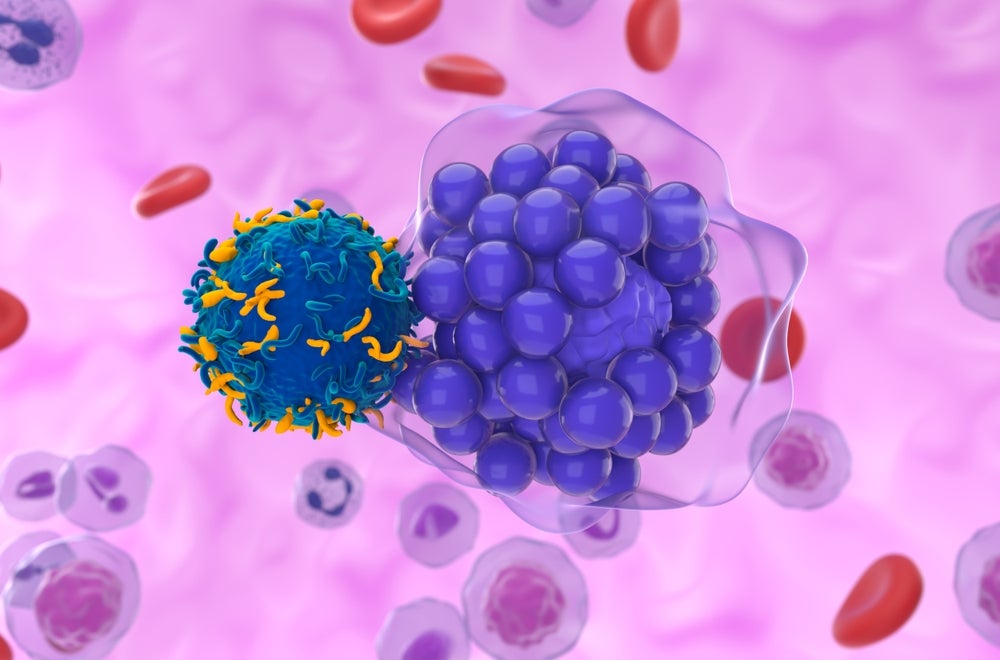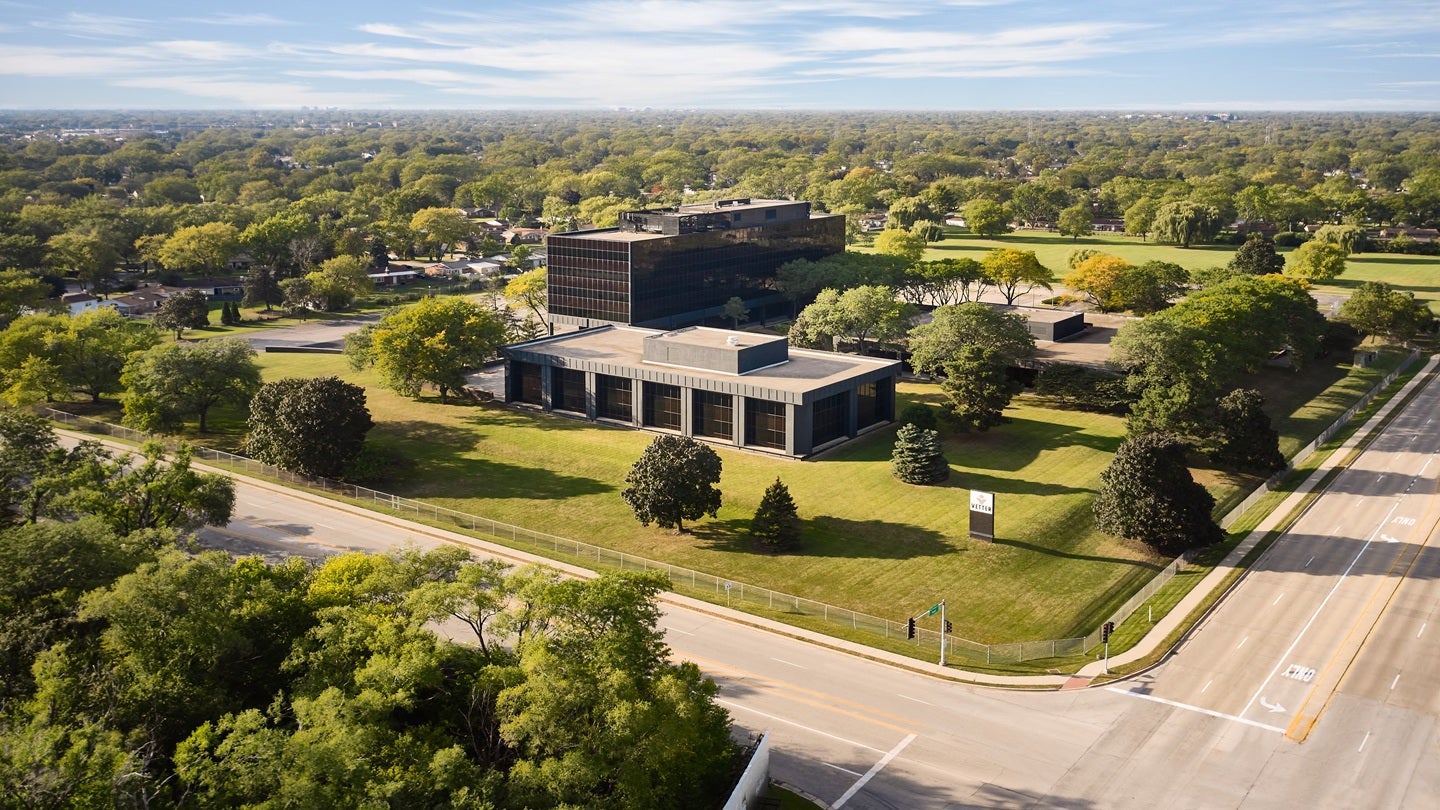Novo scores license to use Ascendis’ TransCon platform for $285 million
In exchange for $285 million, Copenhagen-based Ascendis has agreed to help Novo Nordisk develop a once-a-month GLP-1 receptor antagonist and has granted a license to its TransCon platform to the big pharma. Named after “transient conjugation,” Ascendis’ platform can temporarily link a parent drug with known biology to an inert carrier and ensure drugs act […] The post Novo scores license to use Ascendis’ TransCon platform for $285 million appeared first on LifeSci Voice.

In exchange for $285 million, Copenhagen-based Ascendis has agreed to help Novo Nordisk develop a once-a-month GLP-1 receptor antagonist and has granted a license to its TransCon platform to the big pharma.
Named after “transient conjugation,” Ascendis’ platform can temporarily link a parent drug with known biology to an inert carrier and ensure drugs act either locally or systemically in the body.
Novo Nordisk currently has two blockbuster GLP-1 drugs under its belt, Ozempic and Wegovy, for diabetes and obesity, respectively. Both require weekly injections, and Ascendis’ drug delivery technology could help the company reduce dosing frequency.
According to research released in July, approximately half of the people who start a GLP-1 treatment discontinue use after six months. Through longer-acting agents, Novo aims to help patients stay on their medications.
Through the technology available under its TransCon platform, Ascendis has already seen regulatory success in two candidates: Yorvipath for hypoparathyroidism, a daily shot, and Skytrofa for growth hormone deficiency, a weekly treatment.
Regarding potential innovation in dosing regimens, Brian Vandahl, SVP of global research technologies at Novo Nordisk, said, “Developing potential therapies that can be administered less frequently could benefit societies as well as individual patients, and it is a clear focus area for Novo Nordisk. We look forward to working with Ascendis to explore the potential of the TransCon technology platform to reduce the dosing frequency of GLP-1 receptor agonists and other treatments for cardiometabolic diseases.”
In the past, Novo has tried developing a once-monthly GLP-1/GIP receptor agonist, but after disappointing results in a phase one clinical setting, the Danish big pharma chose to terminate the program a couple of months ago.
The $285 million that Ascendis receives for its contribution includes upfront, development, and regulatory milestone payments. In addition, the company will also be granted potential tiered royalties. While the agreement currently only covers a lead candidate targeting obesity and diabetes, Novo can choose to expand the agreement to cover other metabolic or cardiovascular disease candidates, with each new candidate coming with a milestone payment totaling up to $77.5 million.
Moreover, the early development of the drugs under the collaboration will be conducted by Ascendis. Based on the clinical, regulatory, and commercial development of the drugs, the financing for these stages of research will be handled by Novo.
Ascendis CEO Jan Mikkelsen has explained that this deal is an opportunity for the company to create value in therapeutic areas outside endocrinology.
Despite having two approved products, Ascendis has fully launched only one of them, and in the first six months of this year alone, it lost about $262 million. Therefore, any cash infusion resulting from this collaboration will help fund its operations. This follows the company’s decision to sell 3% of its Yorvipath royalties to Royalty Pharma for $150 million in September. Later that same month, following the drug’s approval, Ascendis raised $281 million through a share sale.
The post Novo scores license to use Ascendis’ TransCon platform for $285 million appeared first on LifeSci Voice.
What's Your Reaction?

































